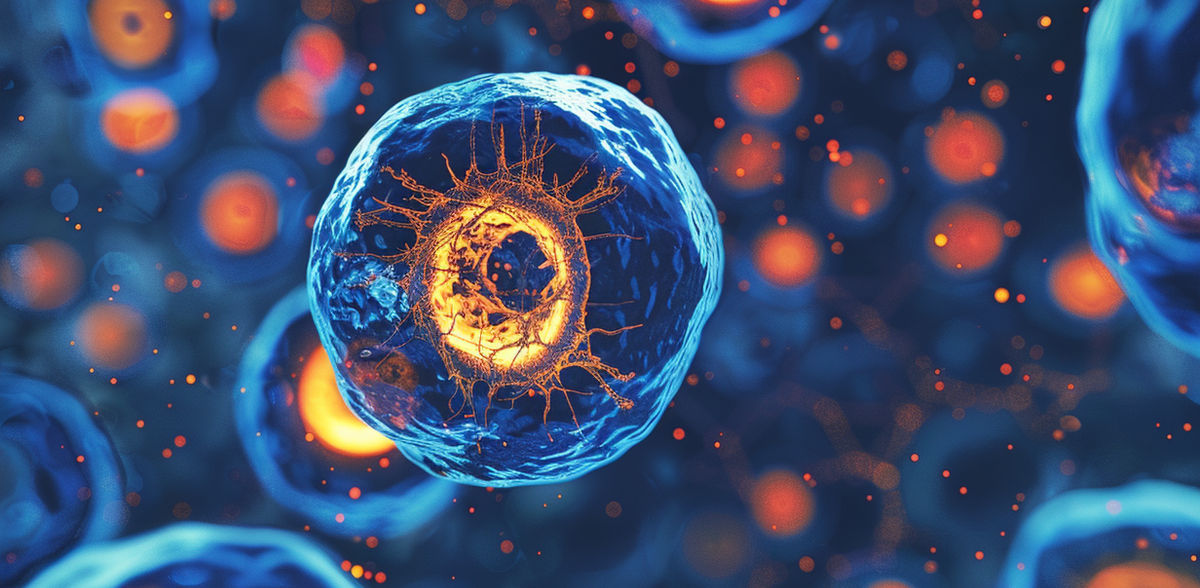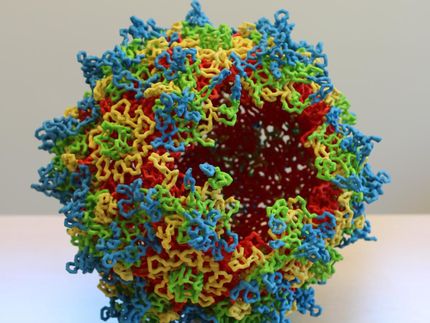Phase 1 BAFF CAR T clinical trial for patients with relapsed and refractory multiple myeloma underway at UH Seidman Cancer Center
Study is being done through an agreement between UH and start-up Luminary Therapeutics
Advertisement
In January 2022, a research team from UH Seidman Cancer Center and Case Western Reserve University published a groundbreaking report , detailing a novel approach to chimeric antigen receptor (CAR) T-cell therapy for B-cell cancers. The new B-cell activating factor (BAFF) CAR T product, developed by UH Seidman Cancer Center and Case Western Reserve University scientist Reshmi Parameswaran, MS, PhD, and colleagues, binds specifically to each of three receptors instead of one – BAFF-R, BCMA and TACI, providing more therapeutic options and guarding against the problem of antigen escape currently found in CAR T therapies that solely target CD19. Experimental results showed that the BAFF CAR T is effective at killing multiple B-cell cancers, with robust in vitro and in vivo cytotoxicity exerted by BAFF CAR T-cells against mantle cell lymphoma, multiple myeloma and acute lymphoblastic leukemia xenograft mouse models.
Now just two short years later, these crucial findings are the basis for the Phase I BAFF CAR T clinical trial for patients with relapsed and refractory multiple myeloma.
The new multiple myeloma trial at UH Seidman will proceed with up to 20 patients with relapsed or refractory myeloma and three or more prior lines of therapy, including an immunomodulatory agent, a proteasome inhibitor and an anti-CD38 monoclonal antibody.
Its primary goal is to determine the maximum tolerated dose and recommended dose of BAFF CAR T-cells for a Phase II trial. Secondary objectives include establishing the toxicity profile, objective response rate, complete response rate, duration of response, progression-free survival, overall survival, the incidence of adverse events and the incidence of antibodies against the BAFF CAR T-cells. Dr. Metheny and the team will collect data over 24 months.
The study is being done through an agreement between University Hospitals and Luminary Therapeutics, a biotech start-up based in Minneapolis. Luminary is an allogeneic CAR T drug development company with programs addressing B-cell malignancies, autoimmune disease and solid tumors.
Other news from the department science
Most read news
More news from our other portals
Something is happening in the life science industry ...
This is what true pioneering spirit looks like: Plenty of innovative start-ups are bringing fresh ideas, lifeblood and entrepreneurial spirit to change tomorrow's world for the better. Immerse yourself in the world of these young companies and take the opportunity to get in touch with the founders.
























































